

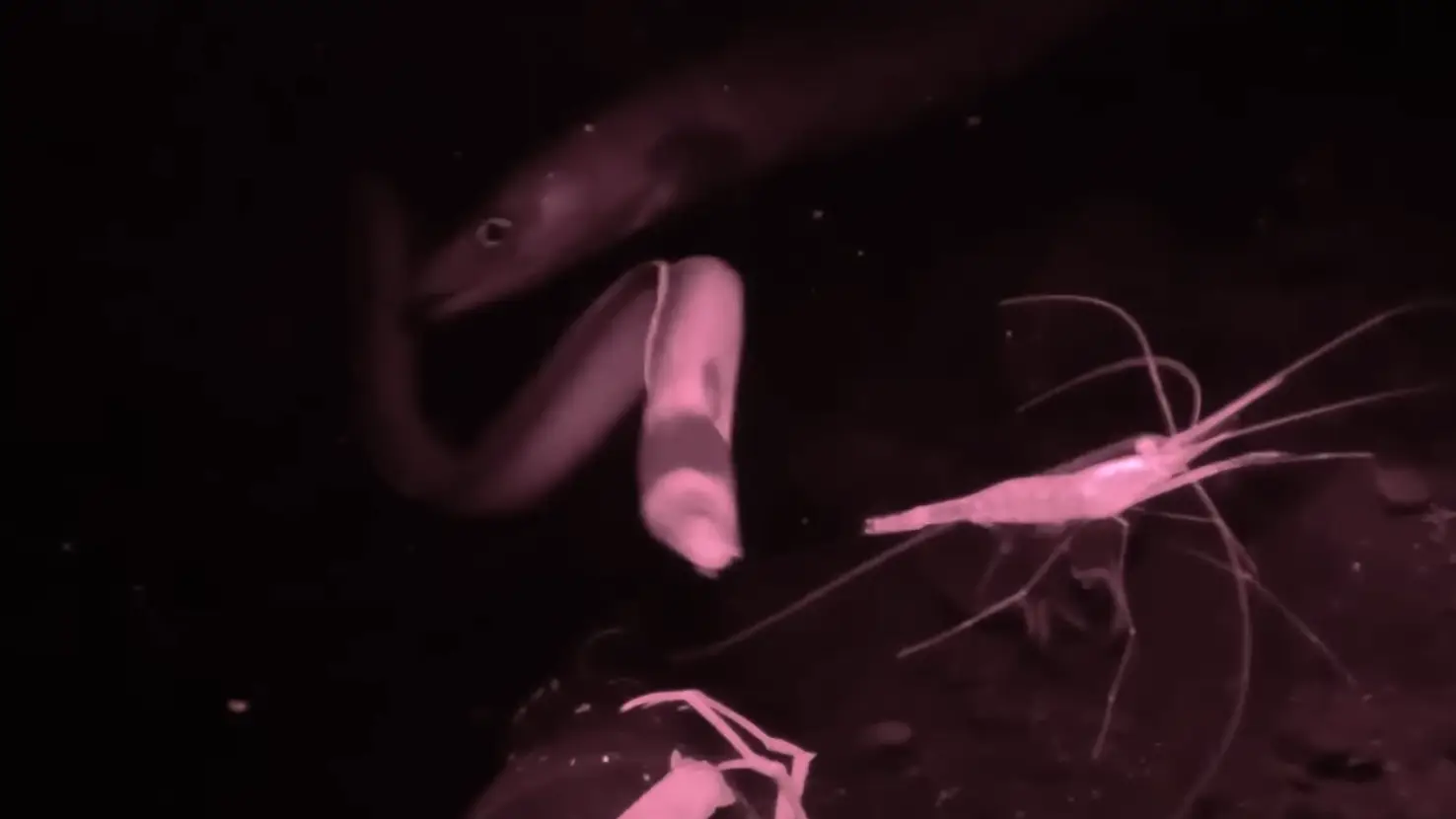
It highlights exactly why you don't want to be down there at night

The US space agency released a statement 'at the request of' the crew member who encountered a health issue
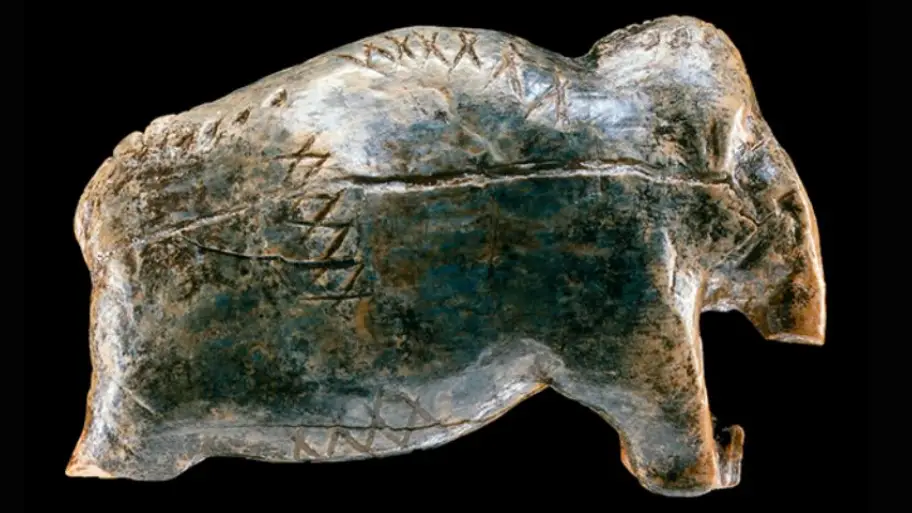
It could be the foundation to humanity's most effective way of passing down knowledge
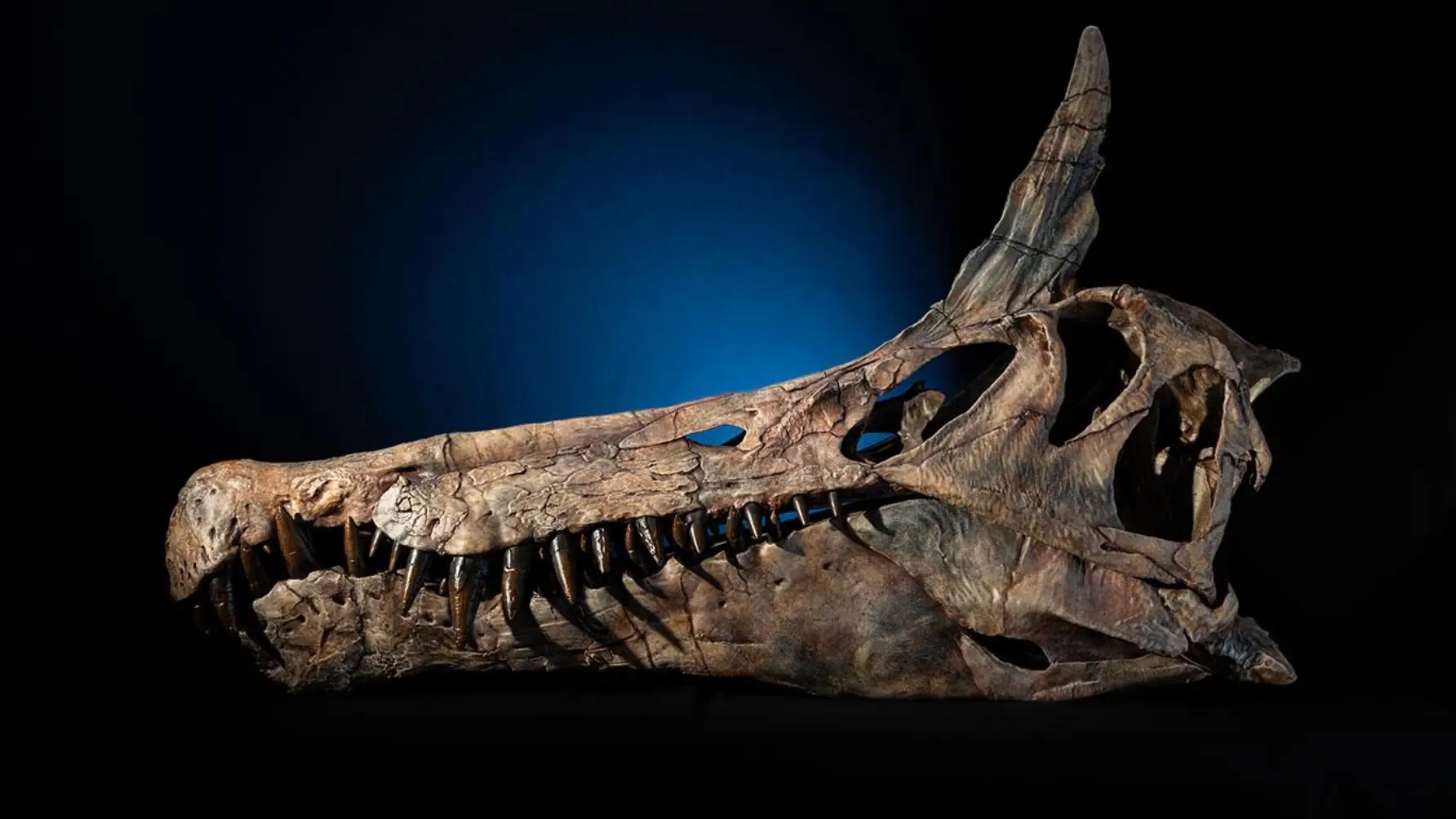
Did fire-breathing dragons really cruise the ancient skies?
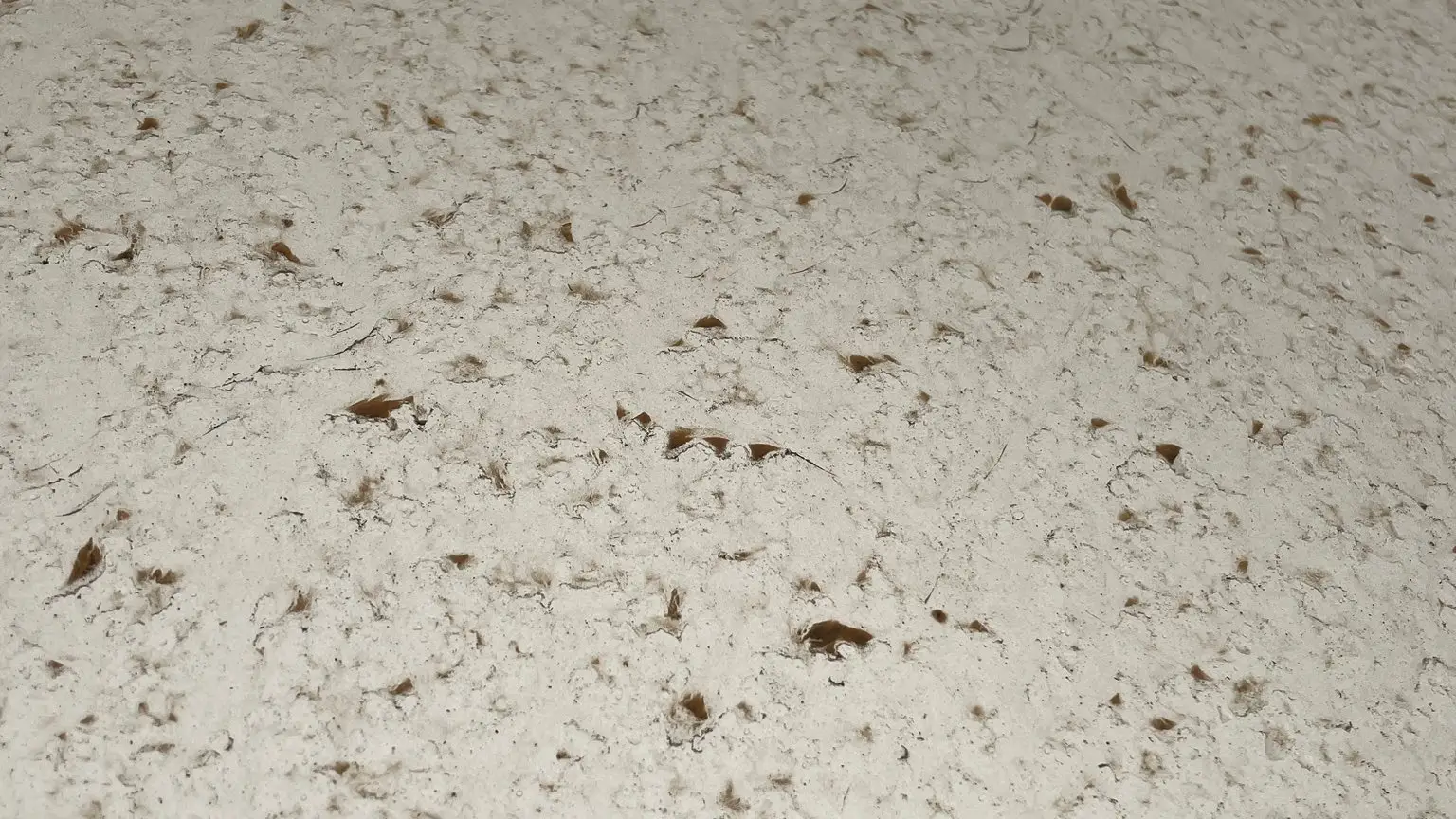

Experts found signs of massive change in the region long ago

Artemis II has completed its 'wet dress rehearsal' on the second attempt
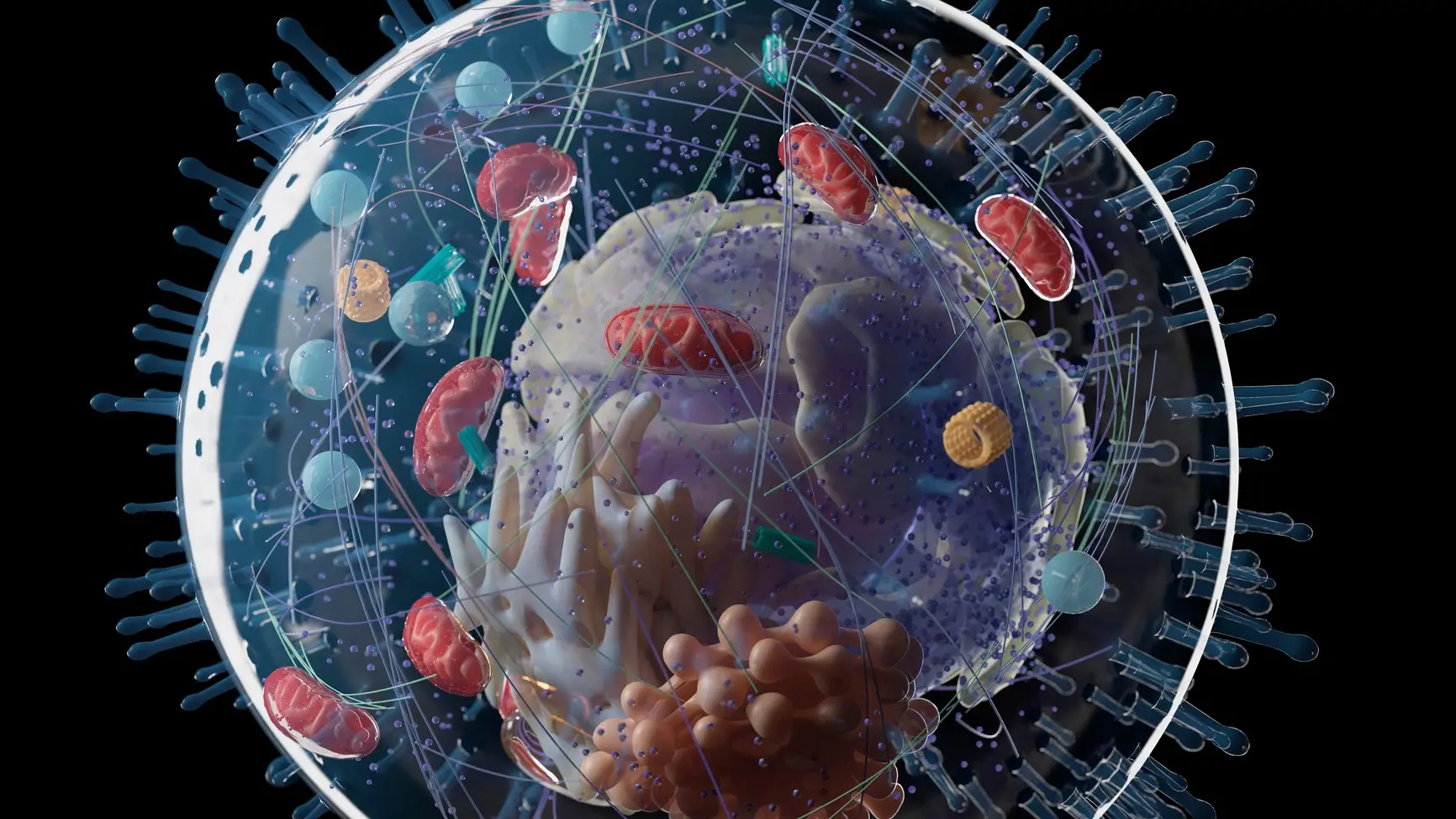
Researchers think they might have just solved a longstanding mystery

The Mars Global Localization feature allows NASA to sit back and watch

Hisashi Ouchi's death remains a cautionary tale about the dangers of nuclear power

It meant researchers could see what a polar bear would do without humans around

The 'wet dress rehearsal' for Artemis II was called off last time

The space agency admitted Earth would have no way of defending itself against the enormous space rocks

It was a 'very big' discovery indeed

John Glenn was the first human to orbit the Earth

Previous nuclear experiments in space have revealed potentially dire consequences

He noticed several changes to his health

The tech billionaire has given up on his dream of living on Mars – for now

His victory speech had him admitting he cheated
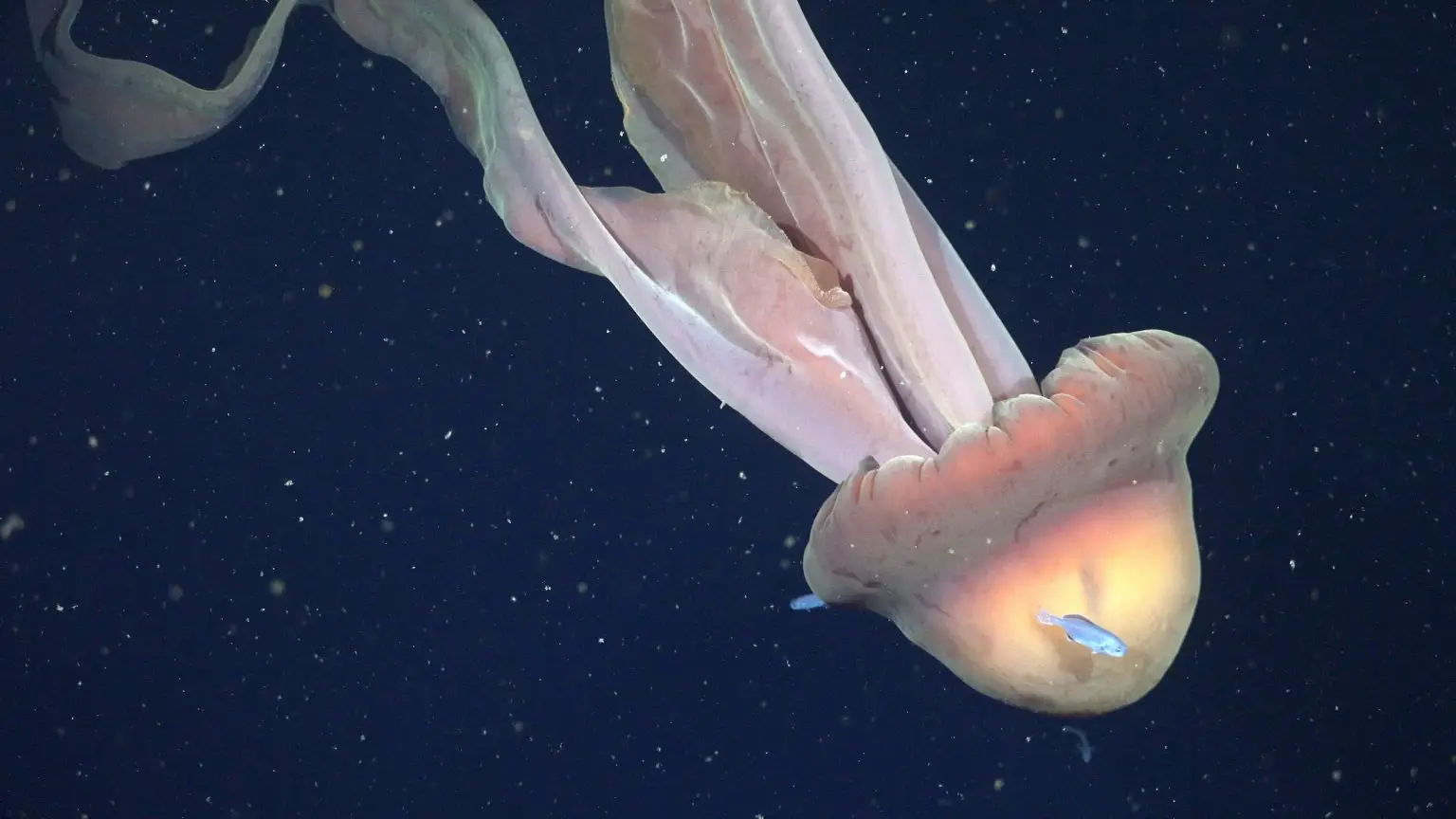
There's a very good, scientific reason for it
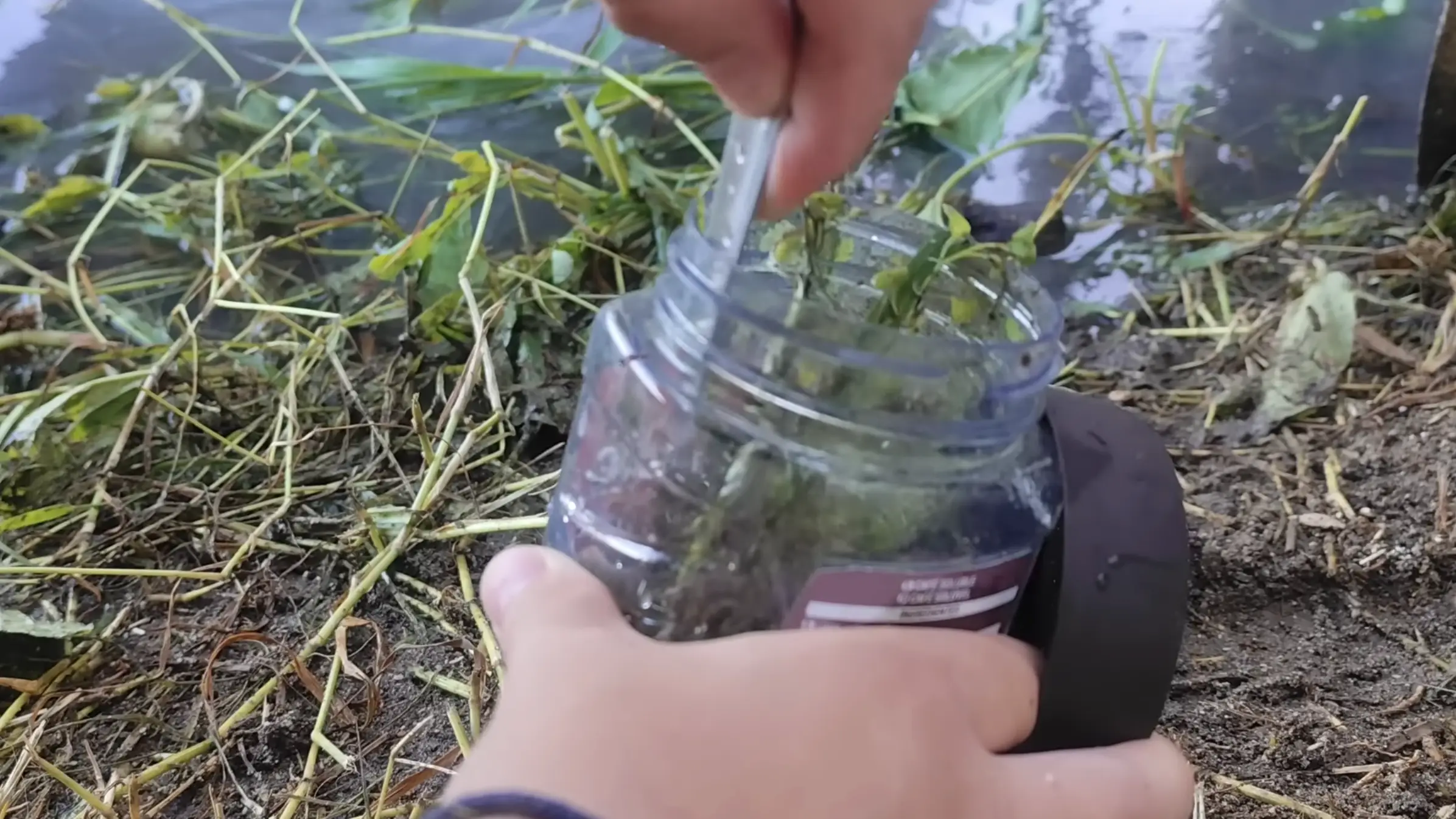
The experiment emphasised just how resilient nature can be

The scientists also made a significant discovery regarding one of the strains

One of them in particular should be very easy to see




